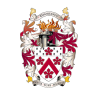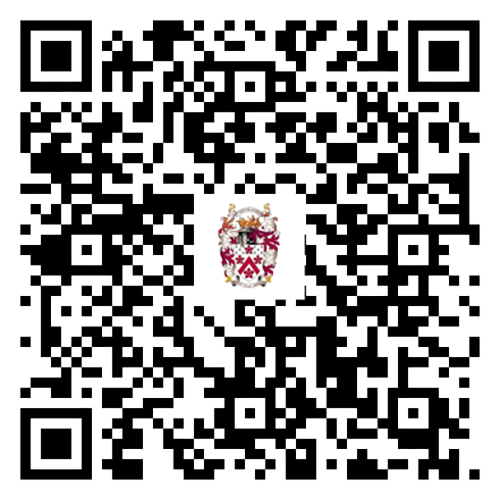Nurturing Young Writers at DUCKS
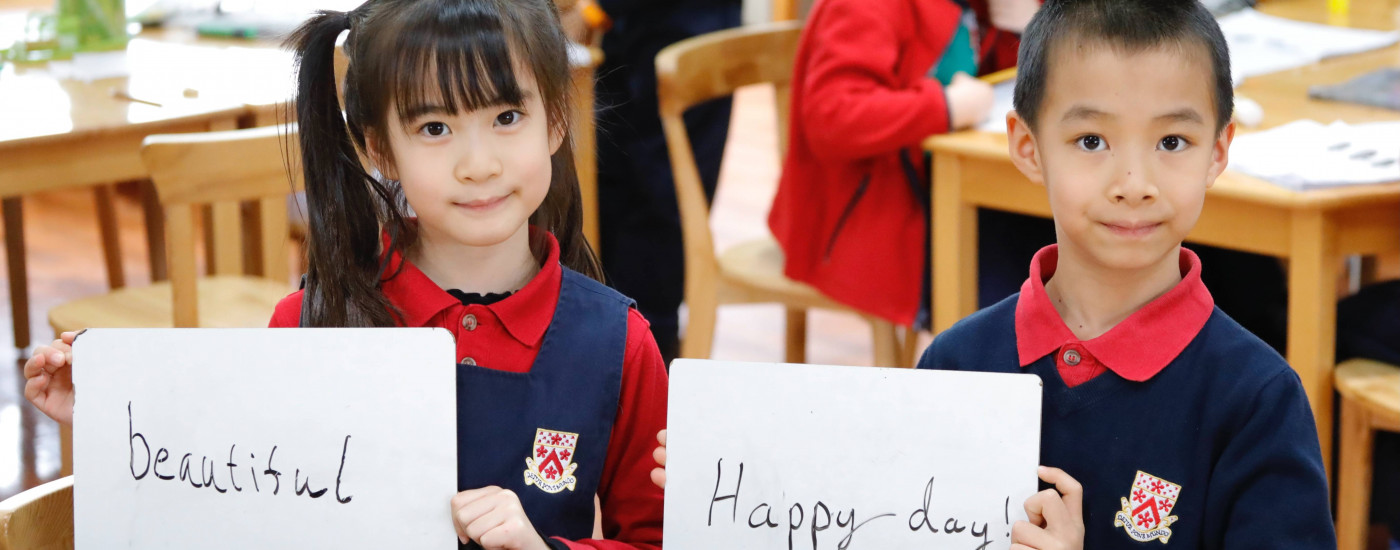
Every child has their own learning journey. This is a fundamental principle that guides how we teach writing at DUCKS.
The process of being able to write begins much sooner than people might think. Writing is a whole-body experience and a child's journey towards becoming a writer begins long before they're able to hold a pencil correctly.
Can they sit holding themselves up without effort? Do they run, jump, climb, swing and hang? Can they make patterns, shapes and pictures in sand, mud, or foam with their fingers or with sticks?
These are all essential components in supporting our children to develop as writers. They are the foundation stones which we support and build through our Early Years play-based learning programme.
Once the child is physically prepared to write, then we move on to the next stage.
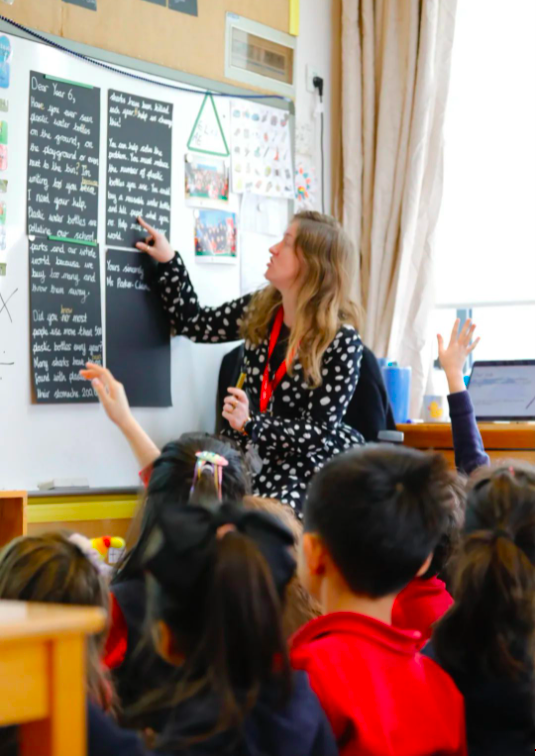
The Next Steps
Children see examples of writing all around them, even if they do not always realise it. They're naturally curious, so even if they do not voice it, they will wonder what marks mean and how they are created.
Witnessing writing taking place is one of the next important formative steps. If they see it happening around them and understand that it has purpose and value, they begin to aspire towards and emulate it.
The earliest examples of children's writing are often not even perceived as such. Marks, scratches, scribbles, followed by the progression to little drawings and attempts at letters - these are all copying from what they see around them. This is also proof that environment is so important in supporting the learning process.
Reading with children so that they see words written down and grasp their significance, sharing a shopping list as you write it down, sending and receiving handwritten letters - these show children that writing has a purpose.
Parents can greatly support their child's writing journey by modeling these activities, which is not as easy as it sounds in the digital age!
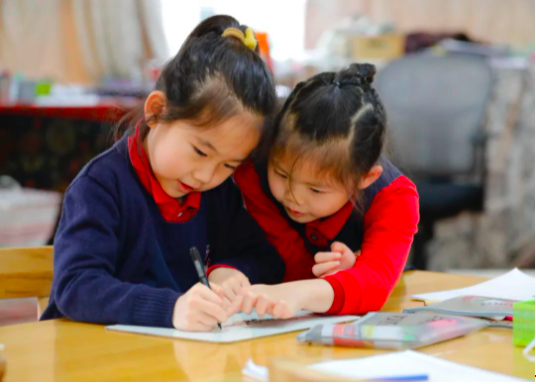
Formal Writing
At DUCKS, the business of writing begins in Reception and carries through the curriculum to the end of Year 2.
Reception students start with our Phonics programme which is based on Read Write Inc. During this programme children learn how to form letters, as well as how to read the letters and say the sounds.
This is a labour-intensive process for a child, who is trying to string together multiple different steps. It's a true test of hand-eye-brain coordination. What does that letter look like? How do I make that shape? How do I move my hand to do that? Their brains are now trying to process all these different thoughts in an instant to produce each letter.
To help them on this stage of journey, we introduce the Talk for Writing (T4W) programme. Research shows that if a child can speak a sentence aloud, then they have a much easier time trying to write something meaningful. Research also shows that children learn best when writing is meaningful and has a purpose. It is a much more impactful approach than simply jumping straight to writing for the sake of writing.
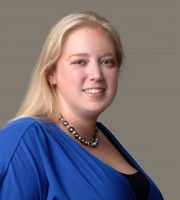
The way we build meaning into the process of learning writing is by teaching children how to create their own stories.
Kristy Dingli, DUCKS English Coordinator and Year 1 Teacher, explains, "The way we build meaning into the process of learning writing is by teaching the children how to create their own stories, using the structures of familiar stories as scaffolding to support them. This helps them to put their own imaginations onto paper. In this way the Big Bad Wolf becomes the Tiny Terrible Spider which in turn becomes The Graceful Unicorn."
Our students are exposed to language and structure that they can then move forward with to share their own ideas and opinions and shape them in any way they choose.
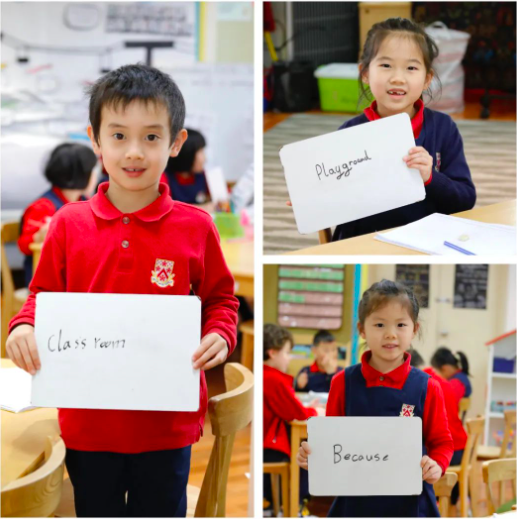
The Results
By the time DUCKS students have reached the end of Year 2, they go up to Junior School confident in their own ability to write their ideas and share them with others.
“It’s fantastic to see the progress our young writers make during their time in DUCKS,” says Ms. Dingli. “Every student starts from a different place and they all make great strides towards being confident and expressive writers.”
Summary
- Writing is a skill that needs to be developed in stages
- Learning to write starts much sooner than people think
- Parents can help by modelling writing for their children




